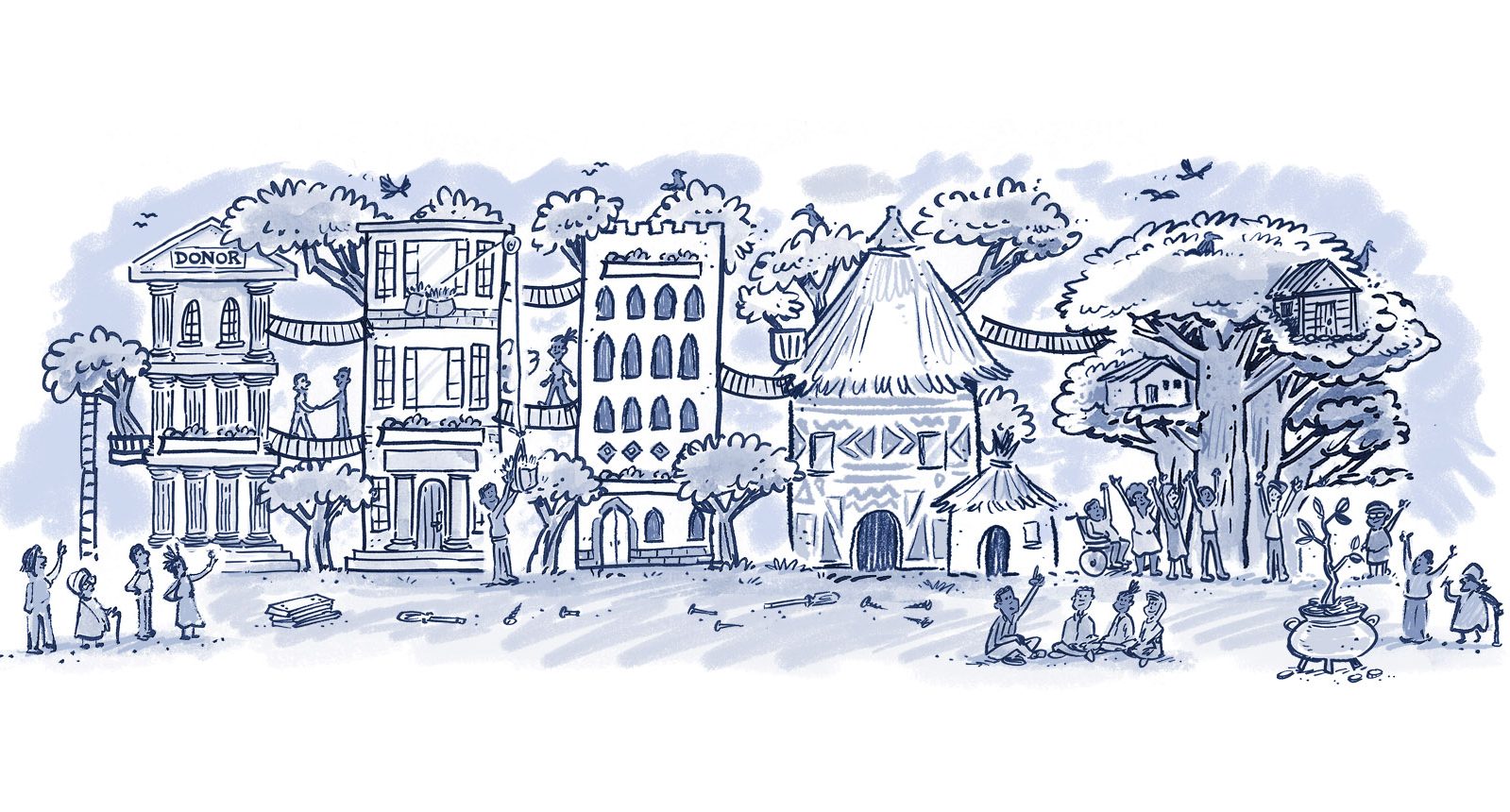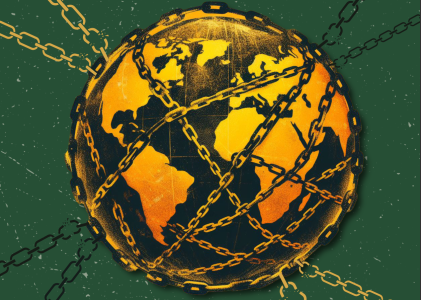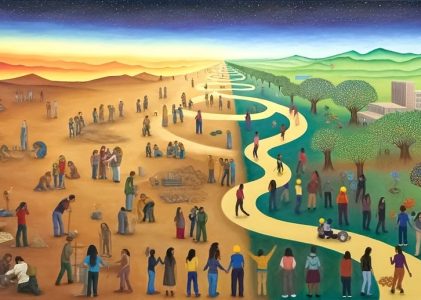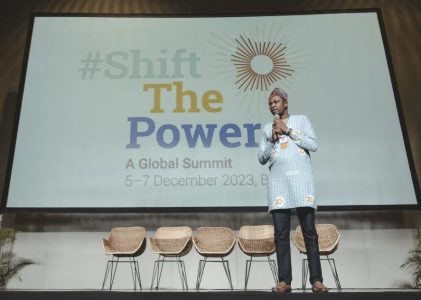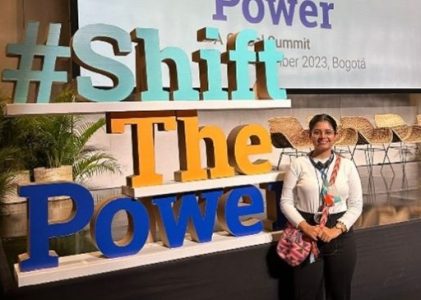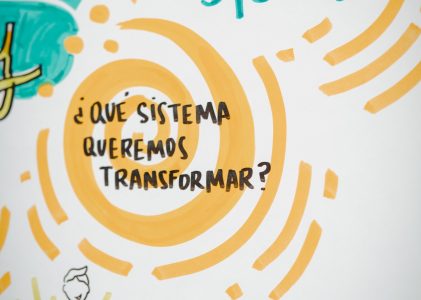Pelo fim das regras de financiamento discriminatórias contra a sociedade civil do Sul Global!
Prezados membros do Comitê de Ajuda ao Desenvolvimento (CAD) da Organização para a Cooperação e o Desenvolvimento Econômico (OCDE),
Nós somos parte do movimento #ShiftThePower (#PoderParaAsComunidades), uma rede global de grupos da sociedade civil e organizações internacionais aliadas do campo de desenvolvimento internacional. Escrevemos ao CAD com uma preocupação urgente.
